Top female scientists win international research bursaries
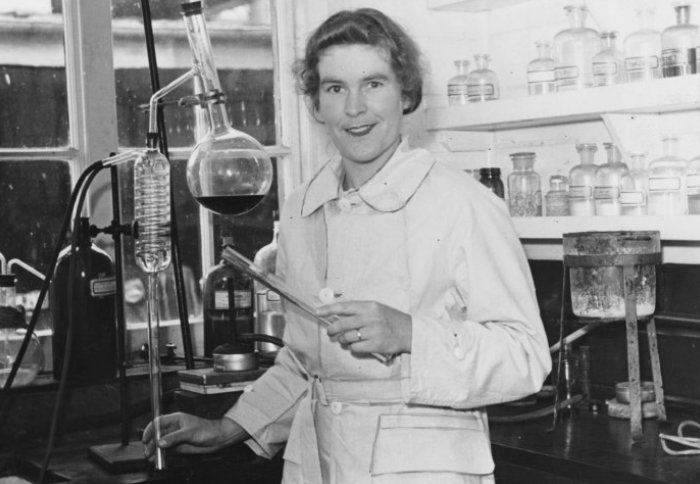
The awards are named after pioneering mycologist and Imperial alum Dr Greta Stevenson
Three leading scientists have won prestigious Stevenson Fund awards to support global research placements.
Each scholar will receive £7,500 to support postgraduate research secondments at global partner universities. This year’s recipients will travel to the University of Pennsylvania, Georgia Tech and the University of Hong Kong to gain deeper insights into petrochemical catalysis,
"Dr Greta Stevenson was a pioneer in an era in which female scientists encountered constant prejudice." Professor Simone Buitendijk Vice Provost (Education)
Established in 2014, the Stevenson Awards are available to women studying degrees in Physics, Chemistry, Maths, Life Sciences and Geology at Imperial. They are named after their benefactor, Dr Greta Stevenson (1911 – 1990), a distinguished botanist, mountain climber and adventurer who led the first all-women party to ascend New Zealand’s Mount Earnslaw. She arrived at Imperial in 1934, where she completed a PhD in Mycology and Plant Pathology, maintaining connections with the College throughout her life.
The College’s Vice Provost for Education, Professor Simone Buitendijk, said: “Dr Greta Stevenson was a pioneer in an era in which female scientists encountered constant prejudice. The four young female scientists selected as Fund recipients are following in the footsteps of Dr Stevenson as they push forward the boundaries of our understanding of the Natural Sciences.
“I’m in no doubt that they will find many collaborative opportunities during their international placements, and will value the experience for many years to come.”
This year’s Stevenson scholars
Sarah Kwok Yan Ho
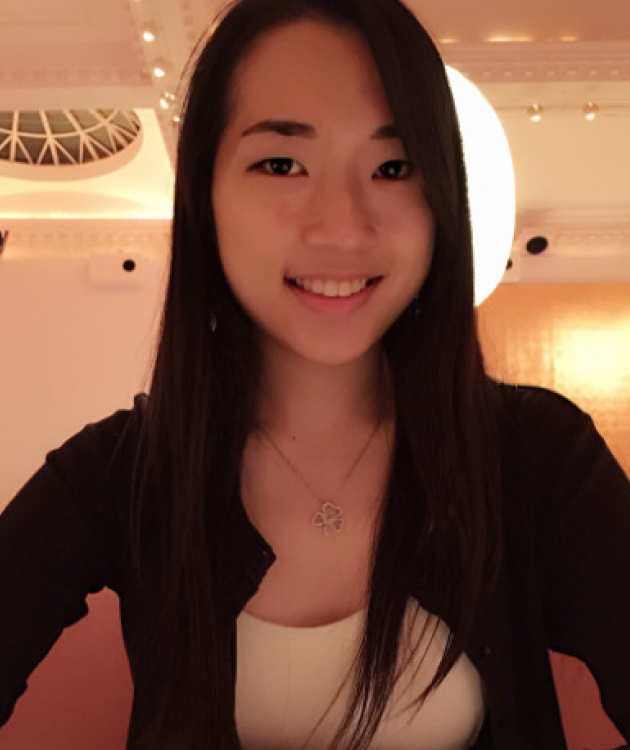 Sarah Kwok Yan Ho is a second year PhD chemist at Imperial, studying the development of light-driven oxygen insertion reactions for late-transition metal alkyl complexes.
Sarah Kwok Yan Ho is a second year PhD chemist at Imperial, studying the development of light-driven oxygen insertion reactions for late-transition metal alkyl complexes.
She will be visiting the University of Pennsylvania’s Department of Chemistry.
Sarah said: “Receiving this award will provide me the opportunity to carry out research under the supervision of a female expert in this field. My future plan is to become a successful postdoctoral researcher in catalysis to develop and improve the catalytic processes involved in the petrochemical industry.
“The Stevenson Fund will provide a great opportunity for me, and will serve as the stepping stone towards my ambition of becoming a successful scientist who can inspire other female scientists in the future.”
Rainbow Lo
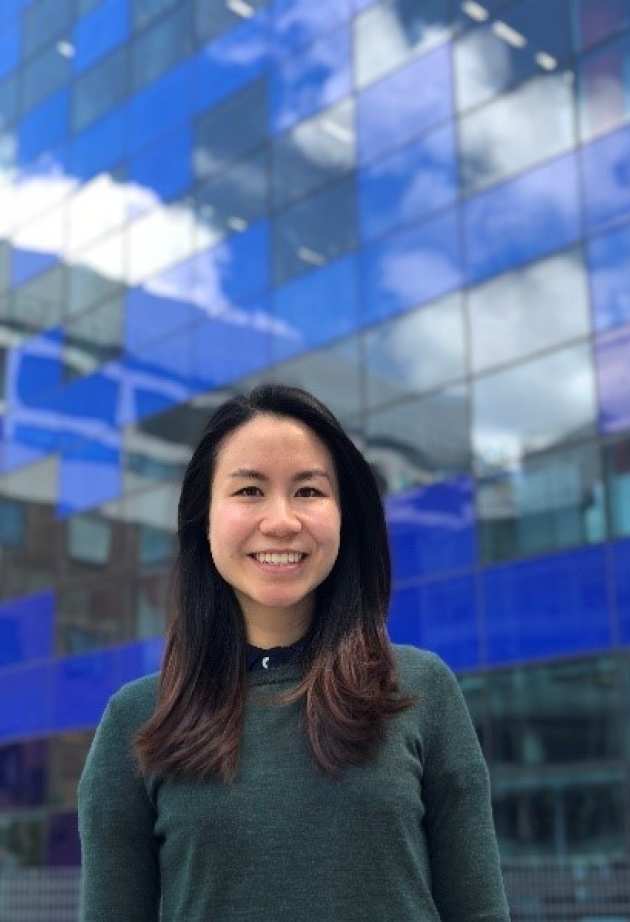 Rainbow Lo is currently working toward a PhD in the EPSRC Centre for Doctoral Training in Medical Imaging, Department of Chemistry.
Rainbow Lo is currently working toward a PhD in the EPSRC Centre for Doctoral Training in Medical Imaging, Department of Chemistry.
The Stevenson Fund will mean that Rainbow will be able to spend three months working in collaboration with the University of Hong Kong, Department of Chemistry.
Rainbow said: “Currently, chemistry at the highest levels is still a male-dominated field. It is empowering to see eminent female scientists at the highest level as it helps make a career in science seem more accessible.
“Schemes like the Stevenson Fund drive change by cultivating talent and promoting inclusion across the whole social spectrum. This is important as scientific advancement requires inclusion and representation. The Fund provides a unique opportunity to pursue my academic ambitions and, in doing so, helping to pave small steps for future generations as I progress along my own journey”
Enrica Mazzon
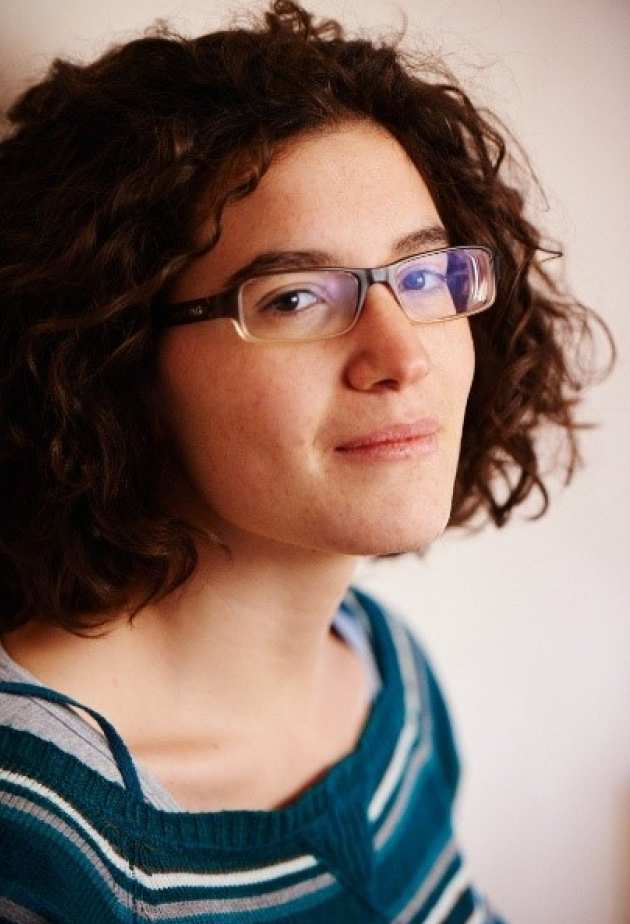 Enrica Mazzon is a member of the London School of Geometry and Number Theory, a joint PhD program between Imperial College, KCL and UCL.
Enrica Mazzon is a member of the London School of Geometry and Number Theory, a joint PhD program between Imperial College, KCL and UCL.
She will be visiting the Georgia Institute of Technology’s School of Mathematics.
Enrica said: “The research placement bursary offered by the Stevenson Fund gives me a fantastic opportunity to gain a deeper understanding of the most recent techniques introduced in my research field. The interaction with leading experts, including their whole team of researchers and students, will hugely benefit the development of my research and of my professional career.
"I am excited to share my enthusiasm and motivation with other researchers in the School of Mathematics at Georgia Tech, laying the foundations for future collaborations between it and Imperial College. I am looking forward to becoming involved in the life at Georgia Tech and to gaining a clear insight into how scientific collaborations can be successfully conducted in an international setting.”
Challenging dated stereotypes
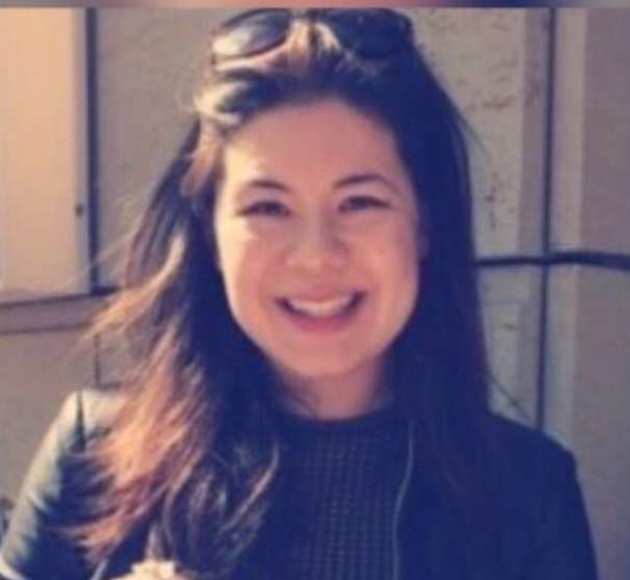 Past recipient, Janet Peet, said: "I was fortunate enough to be awarded the Stevenson Fund which allowed me to finance my Masters research project at MIT last summer. I appreciated working as part of a dynamic team of scientists towards attaining a shared goal; I gained a lot of confidence and enjoyed the experience so much that I will be commencing a PhD there next year! It’s important for top institutions to challenge the dated stereotype of scientists by assisting the careers of women in the male-dominated world of science.
Past recipient, Janet Peet, said: "I was fortunate enough to be awarded the Stevenson Fund which allowed me to finance my Masters research project at MIT last summer. I appreciated working as part of a dynamic team of scientists towards attaining a shared goal; I gained a lot of confidence and enjoyed the experience so much that I will be commencing a PhD there next year! It’s important for top institutions to challenge the dated stereotype of scientists by assisting the careers of women in the male-dominated world of science.
"It’s even more significant to show the next generation of young women the benefits of pursuing STEM subjects. Imperial does this excellently with initiatives such as Outreach, Athena Swan and the Stevenson Fund that all promote scientific engagement, communication and equality. There are also many online campaigns and networks (#wearestemsquad, #scicommunity, stemettes) that share the same goals. It’s vital to keep this positive momentum going, so encourage your family and friends, female or male, young or old; to get involved and engaged in science."
Article text (excluding photos or graphics) © Imperial College London.
Photos and graphics subject to third party copyright used with permission or © Imperial College London.
Reporter
Murray MacKay
Communications Division